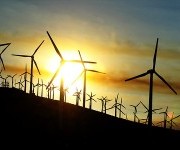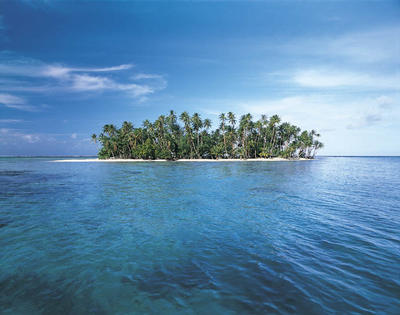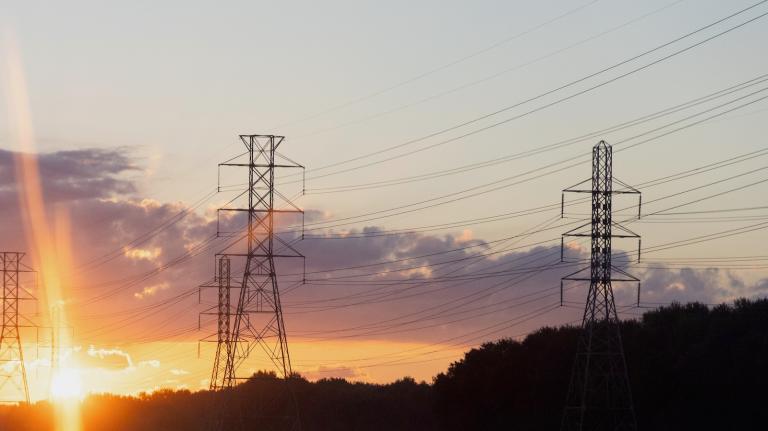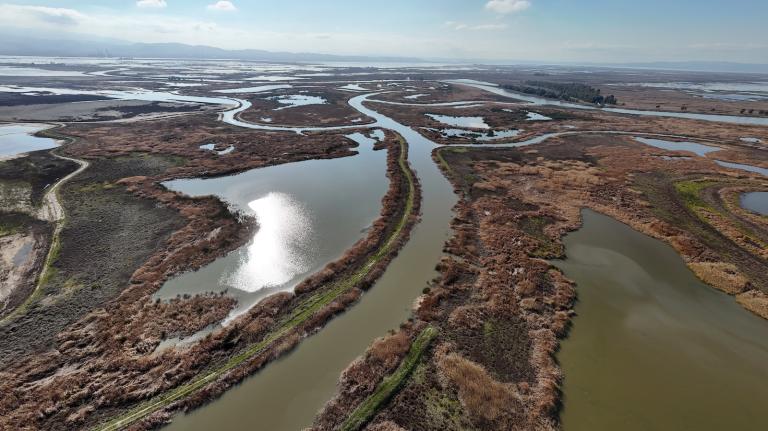At the U.N. climate talks in Durban, the South Pacific micro-state of Tokelau announced that it would be switching entirely to renewable energy. Tokelau has 1,500 people and three cars, but, uh, it's the thought that counts?
Tokelau, which has 1,000 fewer people than my high school, currently runs diesel generators that eat up imported oil. But starting next year, it will be getting 90 percent of its energy from solar and 10 percent from homemade coconut oil. I swear I'm not making that last part up. I would never joke about a South Pacific island running on coconut oil; it sounds super-offensive, until it's true.
This isn't actually as minor as it sounds. Yeah, this is an itty-bitty island with few vehicles and no airport, but this move is expected to pave the way for other island nations to make the same choice. And because remote island nations like Tokelau have to import basically all of their petroleum — and, now, their water — there's a kind of carbon snowball effect, meaning that the switch to renewables can be disproportionately large. Tokelau's new solar plant is expected to save more than 13,000 tons of carbon over its lifetime. That's really in Tokelau's interest, since it's in danger of sinking:
"It took me 64 hours to get here. Before I left my eldest daughter said: 'Go challenge the world in Durban to match or better the renewable energy targets we have set ourselves and which we will meet next year,'" said [head of Tokelau Foua] Toloa.
"We will be among the first to go under water. Already we are suffering extreme weather, storm surges, droughts, coral-bleaching, inundation of land and groundwater salination. The islanders, who depend on fish, can grow only a few crops on their 12sq kilometres of land."
The solar PV installation that will take over Tokelau's energy generation duties is a $7.5 million project funded largely by U.N. programs and the governments of France and New Zealand. Tokelau still needs to come up with its $900,000 contribution to the project, so Toloa is lobbying hard for the developing nations climate fund.




